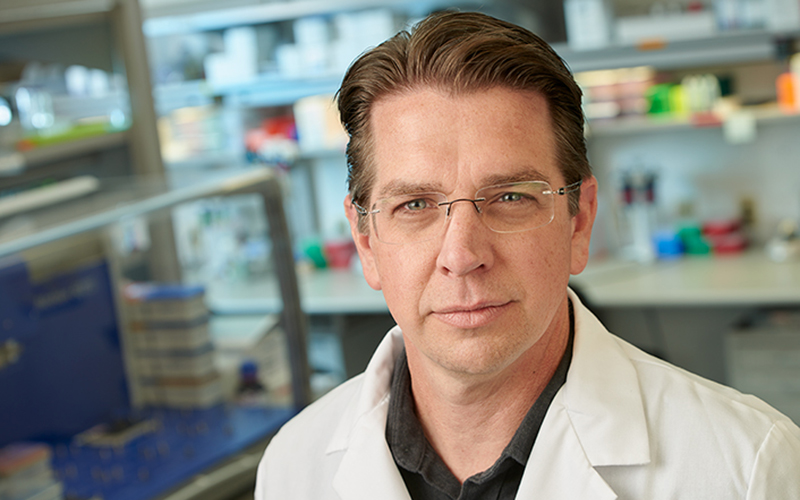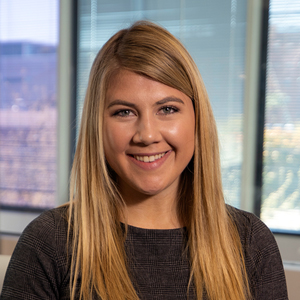PHOENIX – Arizona researchers have come together to gain insight into COVID-19, which has killed tens of thousands around the globe. The Translational Genomics Research Institute on April 8 announced the formation of the Arizona COVID-19 Genomics Union, dedicated to understanding the evolution and spread of the novel coronavirus that causes the respiratory disease. They hope that through their work, Arizona will be a key player in slowing the pandemic.
Union co-founders David Engelthaler, Paul Keim, and Michael Worobey are sequencing samples of coronavirus from COVID-19 patients to examine where each strain originated from, and how it transmits from person to person.
They like to call this the 21st-century advance in traditional epidemiology, which enables them to “empirically understand relationships between pathogens that, before, we were just using the best information to really guess at,” said Engelthaler, the co-director of TGen’s Pathogen and Microbiome Division in Flagstaff which includes Northern Arizona University. He’s also Arizona’s former state epidemiologist and state biodefense coordinator.
Worobey, who leads the University of Arizona’s department of ecology and evolutionary biology, said the initial work has gone well.
“Just over the last weeks of being able to collaborate as part of this union, we’ve gone from really not understanding much at all about what’s going on to adding this huge component that comes from genomic perspective,” he said. “It tells us a whole lot about what’s happened and where things might be going.”
The union has already sequenced more than 200 of Arizona’s earliest cases of COVID-19, and researchers hope to test an additional 100 to 200 every few days.

David Engelthaler and other Arizona researchers are finding new information about COVID-19 through genomic sequencing of cases found in the state. (Photo courtesy of TGen)
Arizona had one of the earliest cases in the U.S., and the union wanted to see whether that specific case had a chain of transmission to other Arizonans. Researchers discovered it did not spread widely. However, Arizona does have one major transmission chain from the other cases examined, and researchers have determined the outbreak was present in the state in early March.
“People have been trying to decide when to put in these measures for social distancing that can slow the outbreak down, and these genomes are telling us that before we took really extensive measures statewide, this virus was already established and transmitting successfully in a transmission train,” said Worobey, who has used genomic epidemiology – the study of how genetics factor into health and disease in families and populations — to track the origins and spread of HIV and discover the cause of the Spanish influenza pandemic in 1918-19.
Engelthaler doubts the novel coronavirus that causes COVID-19 will vanish anytime soon.
“As we move through the summer and into the fall,” he said, “my guess is it comes back again. What we’re learning right now and what the models are telling us is there’s going to be somewhere between 80 percent and 90 percent of the population that still is going to need to be infected or get vaccinated.”
Genomics union researchers are hopeful their work and discoveries eventually will lead to a vaccine for COVID-19.
“I think there’s a chance with a really good vaccine, if we can push it out in a year or so and get it out to a huge number of people in the world, it’s still not impossible that we can drive this thing into extinction,” Worobey said.
TGen, which is affiliated with the cancer center City of Hope, said the union will make its findings available to epidemiologists and virologists worldwide.

